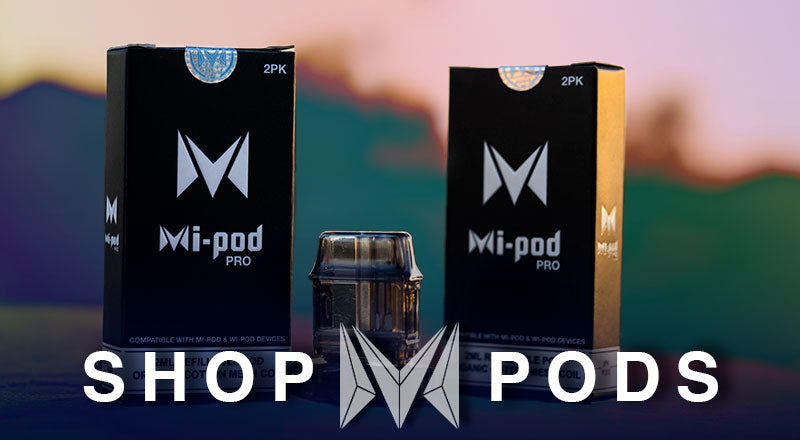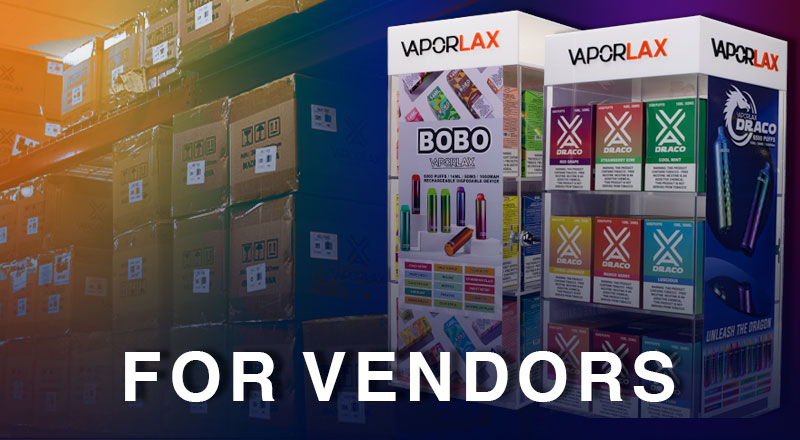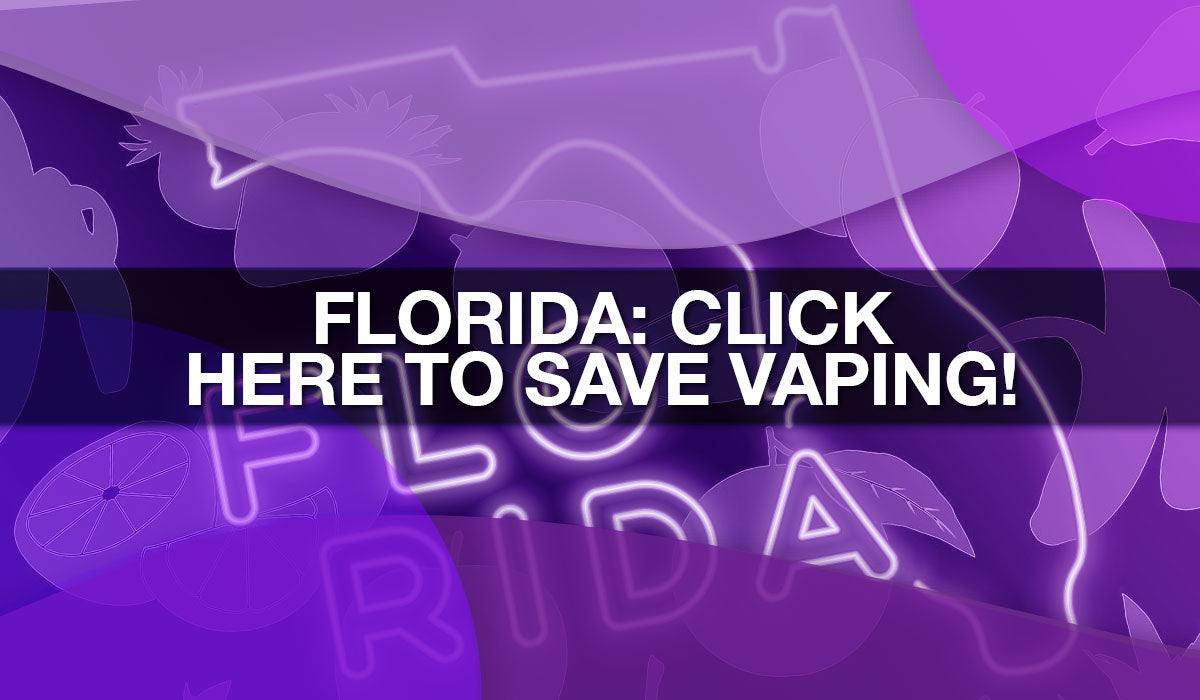Act Now to Stop Indiana Vape Sales Ban
As a vape wholesaler or reseller, you and your business are on the frontline. Your ability to sell the products that adult vapers prefer is now in serious danger.
PMTA Registry Laws are a de facto vape ban designed to put marketplace rivals to Big Tobacco out of business and leave their more expensive and lower-margin products as the last vape standing. These laws are appearing in every statehouse and Indiana has been hit as well.
Indiana Bill SB277, known to advocates as “PMTA Registry” legislation, has been introduced.
The date of the preliminary hearing on January 23rd, 2024 has already passed. But it is not too late to let your local representative know that you vape and you vote.
Stop the Indiana Vape Sales Ban
Please click on this CASAA Call-to-Action or use their Legislator Lookup to find who represents you and let them know that you vape, you vote, and that this scheme will destroy jobs and lives. You can also visit the CASAA Call to Action for Indiana by clicking here.
PMTA Registry Laws are carefully crafted. They turn state governments into an enforcement arm for the FDA. Indiana taxpayers will foot the bill and help establish a big tobacco store shelf monopoly at their expense.
While hiding behind language that they are following FDA regulations, the tobacco industry products that will still be permitted under PMTA Registry Laws have not received PMTA authorization either.
If the FDA were to issue an MDO against Big Tobacco's vapes, all vaping products would be barred from the market. Even if they avoid this catastrophe, the expense of vaping will be greatly increased while the margins enjoyed by businesses will be slashed.

PMTA Registry Laws
PMTA Registry Laws are a win-win for the tobacco industry because if less popular tobacco industry pod kits products fail to resonate with the millions of adult vapers who currently reject them as an alternative, they can always buy cigarettes from the same store shelves instead!
PMTA Registry Laws are worded so that Big Tobacco’s products, the commercially available ones having not received PMTA authorization either, are still permitted for sale while rival products are barred from the state in every form and criminalized.
Your business is at stake and must make your voice heard. Big Tobacco’s vape products are lower margin products that simply are not as popular. If they could compete on a level field of play, they would not have to lobby for laws that create a monopoly and criminalize the competition.
Consumer Choice
A legally enforced monopoly will provide the tobacco industry with the freedom to raise prices further and the profit margin for resellers.
Every popular disposable will be gone from the market if this passes, leaving Vuse, Juul and MyBlu with a virtual monopoly.
A recent FDA study showed that flavor bans increase cigarette sales. Vape shop owners have seen firsthand how many customers have benefitted from alternative vaping products. The crime should be funneling these loyal adult customers back onto cigarettes not providing adults with access to vapes in the flavors they prefer.
PMTA Registry Bills Nationwide
The tobacco industry has been unwilling or unable to compete with the independent vape industry in terms of price and innovation. Youth vaping rates have fallen every year since 2019, and the odds of a national flavor ban that would only benefit the tobacco industry seem more remote than ever.
Consumer freedom, entrepreneurship, customer choice and your pocketbook will take a huge hit if the Indiana Vape Sales Ban is to pass.
Criticisms of PMTA Registry Bills
- Structured so that the tobacco industry’s vape products remain on market, despite also not having received PMTA authorization, while barring their less expensive competition.
- Serves as a flavor ban, denying adult vapers the flavors they prefer. An FDA funded study found cigarette sales increase in areas with flavor bans.
- Bars easy to use disposable vapes, which are ideal for initiates and not coincidentally compete head-to-head with prefilled pod kits made by Big Tobacco.
- Harms small businesses, vape shops and convenience stores, by removing high-volume and profitable products while leaving lower margin tobacco industry vapes on shelves.
- Contrary to spirit of consumer choice and entrepreneurship, barring products released after 2016.
What Can be Done?
Now that we understand the potential ramifications of the Big Tobacco Protection Act, it's time to take action. Here's how you can contribute to the fight against this legislation:
Sign the petition: Sign the petition at CASAA, and don't forget that CASAA provides phone numbers and talking points as well. Here are some other ways to make your voice heard!
Stay Informed
Keep yourself updated on the latest developments surrounding the act. Follow reputable sources and advocacy groups like CASAA to stay informed about the ongoing efforts to combat the legislation.
Engage in Advocacy
Join advocacy campaigns and lend your voice to the cause. CASAA provides a Call to Action, urging residents to contact their representatives and express their concerns about the proposed legislation. Every voice matters, and collective action can make a significant impact.
Spread Awareness
Share information about the Big Tobacco Protection Act within your social circles. Utilize social media platforms, community events, and other channels to raise awareness about the potential consequences of this legislation.
Conclusion
The battle against the Big Tobacco Protection Act in Indiana is a critical one for the vaping community. By staying informed, engaging in advocacy, and spreading awareness, we can collectively work towards protecting our rights to access alternatives. Let's unite and ensure that Indiana remains a place where adult smokers have the freedom to make informed choices for their well-being.
Unfortunately, these types of state legislation are being pushed heavily by the tobacco industry as the FDA seems incapable of managing regulations and threatens to be further weakened by the SCOTUS case Loper Bright Enterprises v. Raimondo. PMTA based directory laws have passed in Louisiana and Oklahoma, empowering the state to working to impose the arbitrary PMTA process on American business. Expect similar laws to be proposed in every state, as part of a unified front to eliminate the independent vaping industry.
Why Now?
With youth vaping rates down, gold standard studies showing the efficacy of vaping versus nicotine replacement therapy being released, and evidence that flavor bans funnel adult vapers back onto cigarettes, one may wonder why states have decided it is a good time to attempt to a coup de grace that would deny adults vapers access to nicotine products, destroy thousands of jobs, stamp out hundreds of millions of dollars in economic activity?
The issue can be found in the nation’s court systems. As mentioned above, the Fifth Circuit hammered the FDA for their incompetent handling of the PMTAs, an approach so strange and scattershot that a cynic might say it looks an awful lot like regulatory capture.
The elephant in the room is that the vape industry’s lawsuits against the FDA have been thwarted by Chevron deference or the Chevron doctrine. For decades, this now crumbling and controversial façade gave regulators vast leeway to interpret regulation and obliges the lower courts to defer to their judgment.
In response to Loper Bright, a group of vaping companies have filed an amicus curiae brief this summer in support of overturning the Chevron doctrine. Studies have shown that hiding behind Chevron has been a successful method for regulators to defend their policies.
Countless vape industry lawsuits against the FDA have been thwarted by Chevron deference or the Chevron doctrine. For decades, this now crumbling and controversial façade gave regulators vast leeway to interpret regulation and obliges the lower courts to defer to their judgment.
In response to Loper Bright, a group of vaping companies have filed an amicus curiae brief this summer in support of overturning the Chevron doctrine. Studies have shown that hiding behind Chevron has been a successful method for regulators to defend their policies. With the possibility that the FDA’s flagging efforts to kill off the independent vape industry and deny adults the products they prefer will grind to a halt, resurrecting the PMTA as a state wielded weapon promises quick results that will immediately drive rival companies off the market.







Leave a comment
This site is protected by hCaptcha and the hCaptcha Privacy Policy and Terms of Service apply.